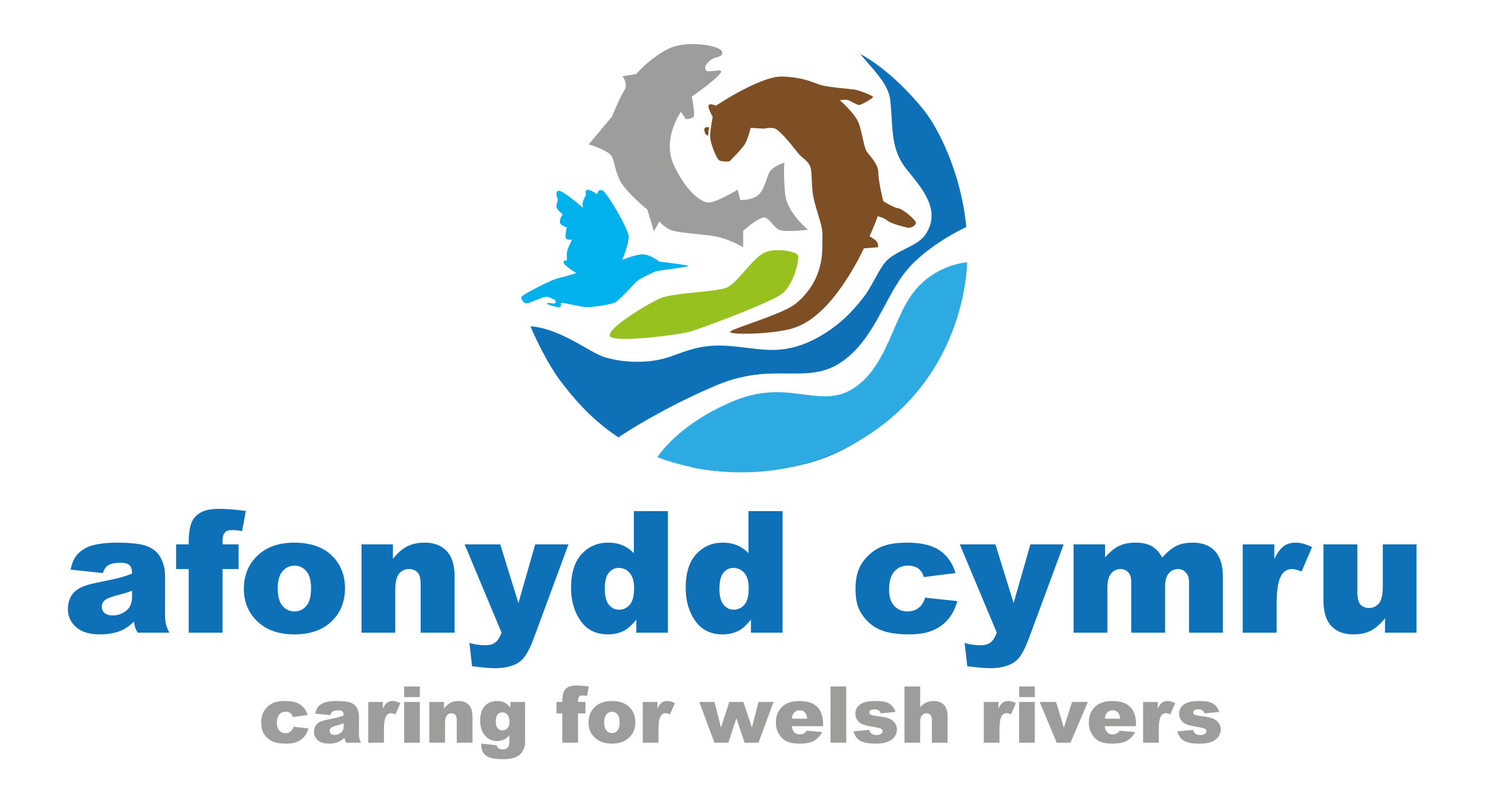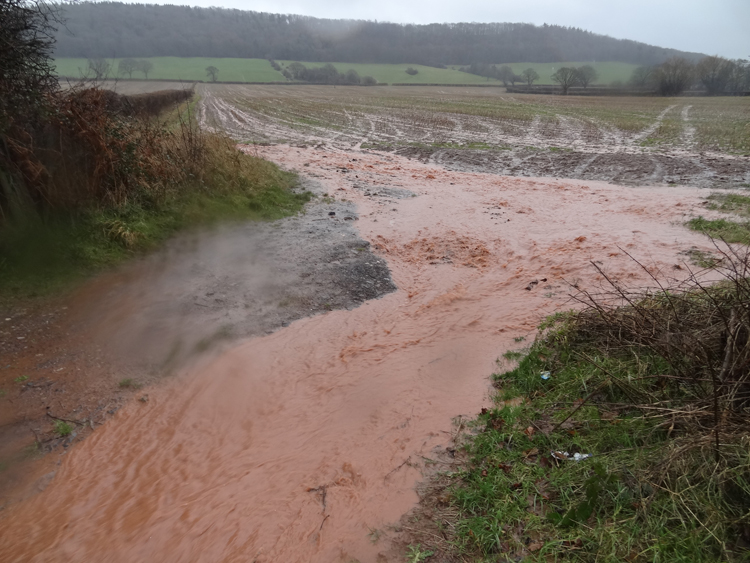The problem
In 2019, the Welsh Government announced a Climate Change Emergency for Wales. In 2021, the Senedd approved a pathway to net zero carbon by 2050. However, the most recent climate change predictions undertaken by the Centre for Ecology and Hydrology (CEH) predict that Wales will see by 2050 under a medium scenario:
“¢ An increase in daily temperatures by 3.4 degrees Celsius
“¢ A 14% increase in winter rainfall
“¢ A 16% decrease in summer rainfall
“¢ A 22cm average rise in sea level
“¢ An average decrease of 2.5 degrees Celsius in winter temperature
Without mitigation, this would result in a devastating impact to our rivers.
Greatest threat to our rivers:
Â
1. Temperature Impact
A change in winter and summer temperatures will have a number of impacts to our rivers. The water quality of our rivers will be impacted by temperature change, enhancing algal growth and impacting oxygen levels. River and lake water temperature will rise with air temperature changes. Salmonids are particularly sensitive to temperature. Salmon have a clear optimum temperature range for survival and development, reduced water flow may impact their migration, higher temperatures may trigger earlier return to sea. The impact of temperature to marine life is little understood, but there is likely to be a more northern increase in sea temperature, impact food webs and alter current ecosystems.
Â
2. More droughts
A higher frequency of drought will result in lower minimum flows and extended periods of low river levels. The impacts of abstraction to rivers will be more significant. Lower flows implies lower dilutions to wastewater discharges and higher concentrations of nutrients and chemicals downstream. Droughts will significantly impact our current food production, requiring new abstractions, further water storage and altering the current landscape of farming.
Â
3. Flooding
Increased storm events, especially in summer, may result in more frequent discharges from combined sewer overflows. (link) There is significant potential for impact to urban water quality, with impacts to drainage and rising sea levels. More intense rainfall and flooding would exasperate current soil management issues, mobilizing further sediment, increasing suspended solids and potentially mobilizing further metals, chemicals and pharmaceuticals. Flooding is also likely to increase scouring of the river bed, impacting important spawning habitat for fish and causing physical damage to ecosystems.

